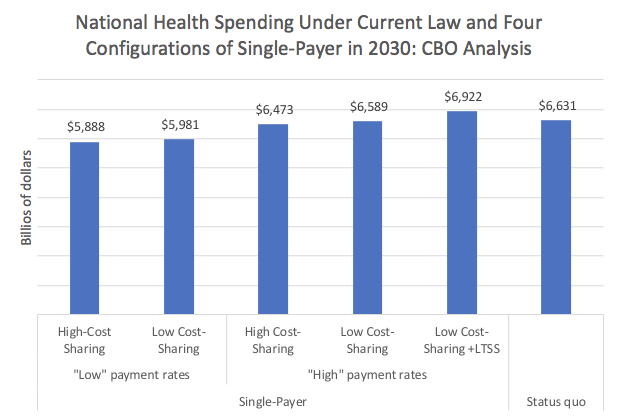
You probably heard: "We don't know if COVID-19 vaccination protects against transmission."
It's an odd statement! Presumably what is meant is: "It almost certainly protects against transmission, but we don't know by exactly how much, and we do know it's less than 100%."
It's an odd statement! Presumably what is meant is: "It almost certainly protects against transmission, but we don't know by exactly how much, and we do know it's less than 100%."
You might think, what's the difference? It's a big difference!
Would you say: "condoms don't protect against HIV"
If you actually meant: "condoms do protect against HIV, although they are not 100% effective."
Hopefully not! You'd confuse people.
Would you say: "condoms don't protect against HIV"
If you actually meant: "condoms do protect against HIV, although they are not 100% effective."
Hopefully not! You'd confuse people.
We already know for sure COVID vaccination is not 100% effective against transmission because it's not 100% effective against symptomatic infection. Insofar as any of this debate is about 100% efficacy in preventing transmission it should end. There's zero uncertainty.
In which case, the only remaining question is whether vaccination provides some protection versus zero protection against transmission. The latter is profoundly improbable, and already contradicted by preliminary data.
Regardless, just be aware that if you say, "we don't know if the vaccine protects against transmission," the natural reading of that is "we don't know if vaccination reduces transmission *at all*" ...
... because what's the alternative reading supposed to be? "That we don't know it *eliminates* transmission?" We do know - it doesn't !
Conflation of these phrases is fueling some debate unnecessary.
Conflation of these phrases is fueling some debate unnecessary.
Finally, even if the effect of vaccination on asymptomatic infection is not quite as large giant as the effect on symptomatic infection, that’s still a potent reduction in overall infection & capacity for transmission.
My larger sense here is that this debate is serving as something of a proxy battle for questions about the need for ongoing non-pharmaceutical interventions, which I think is unfortunate. We know its imperfect; a tiny proportion has been vaccinated; there's a long way to go.
• • •
Missing some Tweet in this thread? You can try to
force a refresh




